December 18, 2020 | Deborah Kotz
UM School of Medicine Researchers Find Lower IQ Scores in Impoverished Children Can Be Mitigated with Responsive Care and Learning Opportunities
 Preschoolers living in impoverished communities who have access to a nurturing home environment have significantly higher intelligence quotient (IQ) scores in adolescence compared to those raised without nurturing care. That is the finding of a new international study conducted by University of Maryland School of Medicine (UMSOM) researchers, which examined data from more than 1,600 children who were followed from birth through their teenage years. Results were published this week in The Lancet Child & Adolescent Health journal.
Preschoolers living in impoverished communities who have access to a nurturing home environment have significantly higher intelligence quotient (IQ) scores in adolescence compared to those raised without nurturing care. That is the finding of a new international study conducted by University of Maryland School of Medicine (UMSOM) researchers, which examined data from more than 1,600 children who were followed from birth through their teenage years. Results were published this week in The Lancet Child & Adolescent Health journal.
The researchers analyzed data from long-running studies conducted in Brazil and South Africa to assess whether children exposed to early adversities (such as extreme poverty, low birth weight, or pre-term birth) could reach their full learning potential by experiencing responsive caregiving and opportunities to learn in their home. They found that prenatal and early life adversities matter throughout life. Adolescents who had been exposed to multiple adversities early in life had lower IQ scores, were more likely to have difficulties adjusting socially and psychologically, and achieved a lower physical height, compared to adolescents exposed to fewer adversities. They also found that being raised in a nurturing environment could significantly counteract the detrimental effect of early adversities on IQ and help children achieve their full intellectual potential.
“We found that adolescents who were raised in nurturing environments had IQ scores that were on average 6 points higher than those who were not. This is a striking difference that has profound implications by increasing the intelligence of entire communities,” said study corresponding author Maureen Black, PhD, the John A Scholl and Mary Louise Scholl Endowed Professor of Pediatrics at UMSOM. “A nurturing environment also led to better growth and fewer psycho-social difficulties in adolescence, but it did not mitigate the effects of early adversities on growth and psycho-social difficulties.”
 Globally, more than 250 million children younger than 5 years are at risk of not reaching their developmental potential because of adversities that co-occur early in life and accumulate with age. In the U.S, almost one in five children are raised in poverty and 15 percent do not complete high school, with higher rates for children in Black and Hispanic families. Exposing these children to a nurturing environment, whether at home or in daycare or pre-school settings, can lead to cognitive benefits that last into adolescence and beyond.
Globally, more than 250 million children younger than 5 years are at risk of not reaching their developmental potential because of adversities that co-occur early in life and accumulate with age. In the U.S, almost one in five children are raised in poverty and 15 percent do not complete high school, with higher rates for children in Black and Hispanic families. Exposing these children to a nurturing environment, whether at home or in daycare or pre-school settings, can lead to cognitive benefits that last into adolescence and beyond.
“I think our findings could apply to communities here in the U.S. where children are hungry, living in poverty, or lacking in access to medical care,” Dr. Black said.
Added study lead author Angela Trude, PhD, a post-doctoral fellow in the UMSOM Department of Pediatrics, “Parents want to provide nurturing environments, and we need to help them.” She said this includes interacting with young children in a positive way such as reading children’s books from the library, singing songs together, and playing games with numbers and letters. Children who engage in age-appropriate chores with adult supervision, like picking up toys and clearing the table, gain skills and feel good about helping.
“Get children involved in friendly activities as much as possible rather than parking them in front of a screen,” Dr. Black said. “Children love to learn and in a nurturing environment they can grow into adolescents and adults with the abilities to care for themselves, their families, and their communities.”
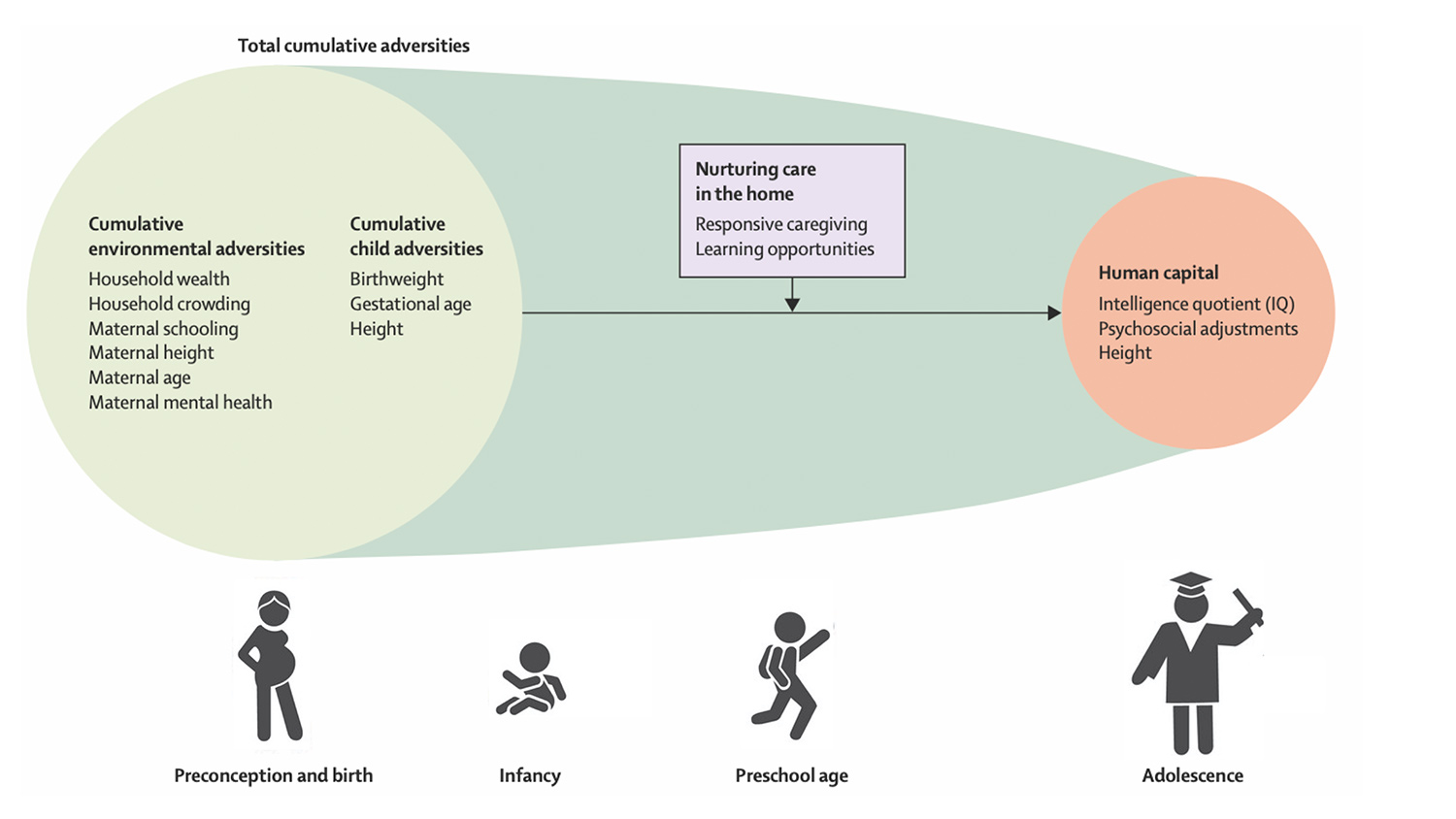
This model illustrates the proposed association between early cumulative adversities in childhood and benefits in adolescence that might be modified by nurturing care in the home; the researchers found only IQ scores were impacted.
Credit: Reprinted from The Lancet Child & Adolescent Health, http://www.thelancet.com/journals/lanchi/article/PIIS2352-4642(20)30309-6/fulltext, Angela C B Trude et al Effects of responsive caregiving and learning opportunities during pre-school ages on the association of early adversities and adolescent human capital: an analysis of birth cohorts in two middle-income countries, Copyright (2020), with permission from Elsevier.
The research was funded by the Bill & Melinda Gates Foundation.
“As the world continues to suffer through a global pandemic, we must not let our youngest children fall through the cracks,” said E. Albert Reece, MD, PhD, MBA, Executive Vice President for Medical Affairs, UM Baltimore, and the John Z. and Akiko K. Bowers Distinguished Professor and Dean, University of Maryland School of Medicine. "This research highlights the importance of nurturing caregivers, both at home and at school to help children lead more productive lives as adults.”
About the University of Maryland School of Medicine
Now in its third century, the University of Maryland School of Medicine was chartered in 1807 as the first public medical school in the United States. It continues today as one of the fastest growing, top-tier biomedical research enterprises in the world -- with 45 academic departments, centers, institutes, and programs; and a faculty of more than 3,000 physicians, scientists, and allied health professionals, including members of the National Academy of Medicine and the National Academy of Sciences, and a distinguished two-time winner of the Albert E. Lasker Award in Medical Research. With an operating budget of more than $1.2 billion, the School of Medicine works closely in partnership with the University of Maryland Medical Center and Medical System to provide research-intensive, academic and clinically based care for nearly 2 million patients each year. The School of Medicine has more than $563 million in extramural funding, with most of its academic departments highly ranked among all medical schools in the nation in research funding. As one of the seven professional schools that make up the University of Maryland, Baltimore campus, the School of Medicine has a total population of nearly 9,000 faculty and staff, including 2,500 student trainees, residents, and fellows. The combined School of Medicine and Medical System (“University of Maryland Medicine”) has an annual budget of nearly $6 billion and an economic impact more than $15 billion on the state and local community. The School of Medicine, which ranks as the 8th highest among public medical schools in research productivity, is an innovator in translational medicine, with 600 active patents and 24 start-up companies. The School of Medicine works locally, nationally, and globally, with research and treatment facilities in 36 countries around the world. Visit medschool.umaryland.edu
Contact
Deborah Kotz
410-706-4255
dkotz@som.umaryland.edu
Related stories

Tuesday, December 20, 2022
Dr. Thomas K. Chin Appointed New Division Head of Pediatric Cardiology at University of Maryland School of Medicine and Co-Director of Children's Heart Program at UM Children's Hospital
Steven J. Czinn, MD, the Drs. Rouben and Violet Jiji Endowed Professor and Chair of Pediatrics at the University of Maryland School of Medicine, announced today that Thomas K. Chin, MD, has been appointed to serve as the new Division Head of Pediatric Cardiology in UMSOM’s Department of Pediatrics, and as Co-Director of the Children’s Heart Program at the University of Maryland Children’s Hospital (UMCH), effective January 2023.

Monday, November 21, 2022
UM School of Medicine Empowers Faculty Members Through Recently Founded Academy for Career Development
Within a year of the launch of the Medical Education Leadership Academy (MELA) at the University of Maryland School of Medicine (UMSOM), faculty members from across the School’s various divisions are expressing an overwhelmingly positive response to the Academy’s mission of creating an environment that fosters career development of a diverse community of nationally recognized leaders in medical education.

Tuesday, August 30, 2022
$800K Donation Will Fund New Discoveries and Treatments for ALS
The University of Maryland School of Medicine (UMSOM) will receive an $800,000 donation to be used by the University of Maryland Brain and Tissue Bank to advance research into the treatment and cure of Amyotrophic Lateral Sclerosis (ALS), commonly referred to as Lou Gehrig’s Disease.
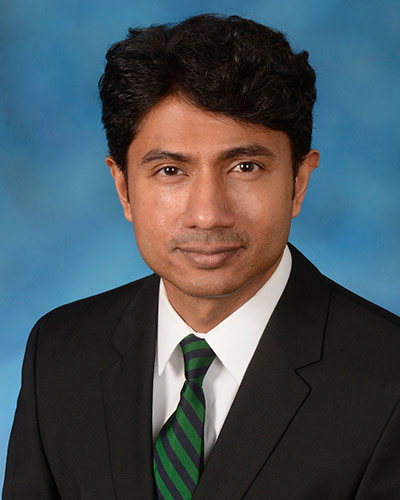
Thursday, January 30, 2020
UMSOM Pediatric Infectious Disease Experts Sound Alarm Over Risk of Outbreaks in U.S. Border Detention Centers
Over the past year, at least seven children have died from diseases including influenza while being detained by the U.S. Department of Homeland Security’s Customs and Border Protection (CBP) agency. Infectious disease experts at the University of Maryland School of Medicine (UMSOM) called for protections like influenza vaccinations to prevent serious outbreaks.

Monday, September 09, 2019
Food Insecurity in Early Childhood Linked to Poor Health But Not Obesity
Young children, who grow up in homes with limited access to nutritious foods (known as food insecurity), are more likely to experience poor overall health, hospitalizations, and developmental problems, but they are not at higher risk of developing obesity, a new University of Maryland School of Medicine study finds. The research, published today in the journal Pediatrics, examined the impact of food insecurity among children from birth to age four and found that obesity rates generally did not differ among those who lived in households with food insecurity compared to those who had access to healthy foods.

Monday, June 17, 2019
Primate Study Finds New Evidence that Growth Factor Plays Key Role in Maintaining Healthy Pregnancy
About 1 in 10 pregnant women experience placenta abnormalities that lead to life-threatening preeclampsia (hypertension), preterm labor and fetal growth problems, but finding effective treatments to effectively prevent or reverse these conditions has so far been elusive. A new research finding from University of Maryland School of Medicine (UMSOM) researchers, published in the June issue of the journal Endocrinology, could have important implications for developing novel treatments to prevent placental abnormalities.
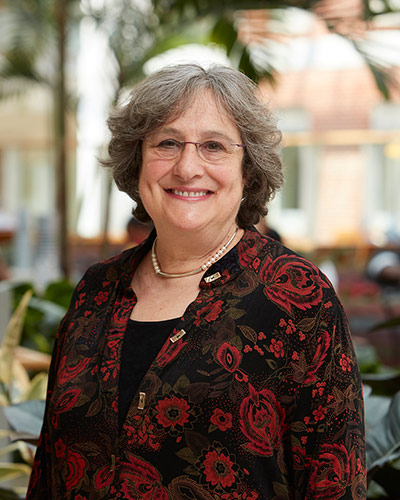
Monday, May 06, 2019
UM School of Medicine's Dr. Karen Kotloff Receives 2019 Alumni Achievement Award from Temple University
Karen Kotloff, MD, Professor of Pediatrics at the University of Maryland School of Medicine (UMSOM), has received the 2019 Alumni Achievement Award from the Lewis Katz School of Medicine at Temple University.
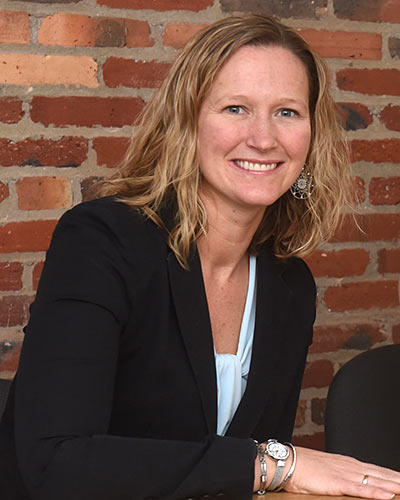
Thursday, April 12, 2018
Maryland Schools are Doing More to Improve Kids Health, Report Finds
Schools across Maryland are doing more to encourage their students to eat healthy foods and to be physically active, according to a new report by researchers at the University of Maryland School of Medicine.

Thursday, January 11, 2018
Research Shows That Co-Sleeping with Toddlers Can Impact Mother's Mental Health
For parents of toddlers with sleep problems, co-sleeping may not be a good strategy, according to new research from the University of Maryland School of Medicine (UMSOM) and the University of Maryland School of Nursing (UMSON). Co-sleeping is defined as a parent sleeping in the same room or same bed with their child.
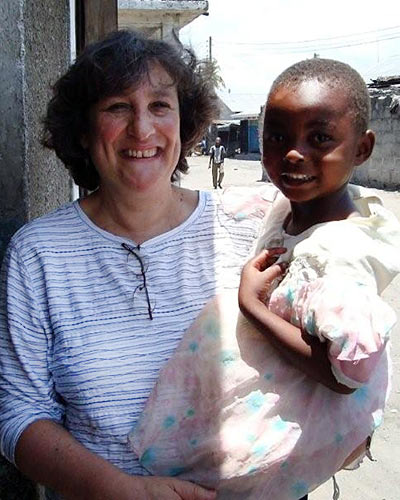
Monday, September 11, 2017
Research Identifies Causes and Possible Treatments for Deadly Diseases Affecting Children in Developing Countries
University of Maryland School of Medicine Researchers Explore How to Prevent Diarrheal Diseases, a Leading Cause of Death in Young Children in Sub-Saharan Africa and South Asia

Monday, July 24, 2017
Civil Unrest After Freddie Gray's Death Harms Health in Baltimore Mothers
The April 2015 civil unrest associated with Freddie Gray’s death while in police custody caused a significant spike of stress in mothers of young children living in affected neighborhoods, according to new research from the University of Maryland School of Medicine (UM SOM).

Wednesday, March 15, 2017
New Director Appointed to Lead the University of Maryland Children's Hospital
University of Maryland Medical Center (UMMC) President and Chief Executive Officer Mohan Suntha, MD, MBA and University of Maryland School of Medicine (UMSOM) Dean E. Albert Reece, MD, PhD, MBA, announced today that Steven J. Czinn, MD, The Drs. Rouben and Violet Jiji Endowed Professor of Pediatrics and Chair of the Department of Pediatrics at the University of Maryland School of Medicine, has been appointed to the role of Director of the University of Maryland Children’s Hospital (UMCH).

